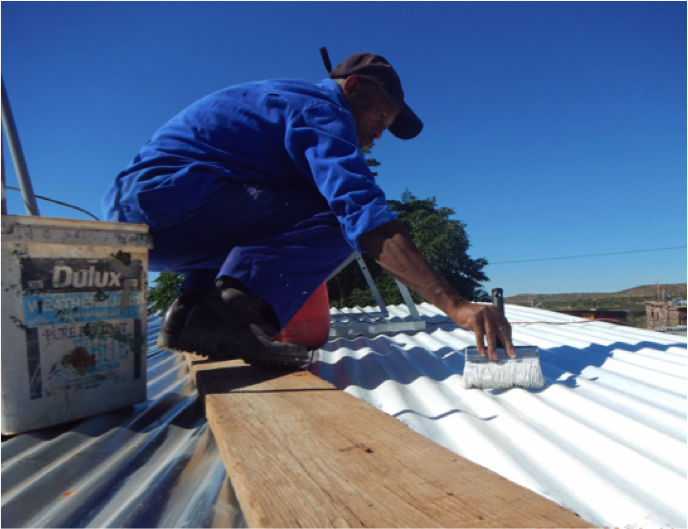Challenge prizes can and will change the world
6 July 2019
Challenge WorksGuest post by Fiona MacRae, Tech, Science and Health Writer
From a game-changing app for Nepali farmers to a revolutionary device that will allow millions of stroke patients to “seize life with both hands” once more, Challenge Works runs challenge prizes that spark imaginative solutions to some of the key problems facing the world today.
The Longitude Prize is seeking a medical test that will help stem the tidal wave of antibiotic resistance around the globe – one of the greatest challenges of the 21st century.
The Data Driven Farming Prize challenged teams around the world to harness technology to improve the agricultural productivity and livelihoods of smallholders in Nepal.
And the Inventor Prize sought out Britain’s “hidden inventors” – the garden shed and kitchen table creatives whose gadgets and gizmos could transform lives of others, if only others knew about them.
Tris Dyson, executive director of Challenge Works, said: “We think there are key needs of the 21st century which challenge prizes can solve.
“These are improving health around the world, creating better market places, building stronger and more resilient communities at home and abroad, protecting the environment and supporting clean energy, and harnessing new technologies for social good.
“Through the power of challenge prizes, we can inspire talent, nurture ideas and deliver real change where it is needed most.”
Sometimes known as inducement prizes, they offer a financial reward to whoever can first or best meet a set challenge. Awards range from a few tens of thousands of pounds to the £8 million pay-out for the first accurate diagnostic test that helps in the global fight against antibiotic-resistant infections.
By opening up the field to the widest possible pool of innovators from specialists in the field and “unusual suspects” alike, the prizes fuel the imagination, nurture ideas and deliver change in areas where innovation is sorely needed.
The 29 prizes in sectors from energy to education that Challenge Works has run since 2010 have attracted over 8,000 applications from around the globe and distributed more than £12.5 million in prizes and seed funding.
Seed funding helps smaller teams turn fledgling ideas into reality, while practical support from mentoring to marketing advice turns prototypes into products.
Alongside researching, designing and delivering prizes, Challenge Works also advises others on running challenges and recent clients include Essex County Council and the Canadian government.
Unlike some other organisations running challenge prizes, Challenge Works doesn’t take any equity in companies that are created believing in the value of holding an independent position.

Guillem Singla Buxarrais, co-founder of Neurofenix, which won the Inventor Prize with a device designed to make stroke rehabilitation fun and affordable, said: “The challenge prize allowed us to go from a prototype to a sellable product that we believe will improve the lives of millions.”
New graduate, Sibjan Chaulagain, is one of the winners of the Data Driven Farming Prize, website and app that allows Nepali farmers, like his parents, to quickly and accurately access up-to-date information on agricultural techniques, pests and diseases, market prices and weather forecasts.
He said: “The Data Driven Farming Prize has been game-changing for us.”
Entrepreneur Piers Linney, a trustee, and former Dragon on BBC2’s Dragon’s Den, said: “The challenge prize process provides two of the key ingredients to business success – time and money.
“It allows established businesses and garden shed inventors alike to put aside what they are working on and focus on a particular problem.
“Some will be following their dream, others may be chasing glory or the thrill of competition or simply seeking financial success.
“Whatever their motivation, the future is all about innovation and challenge prizes can spark and nourish the creativity needed to make these innovations a reality.”
